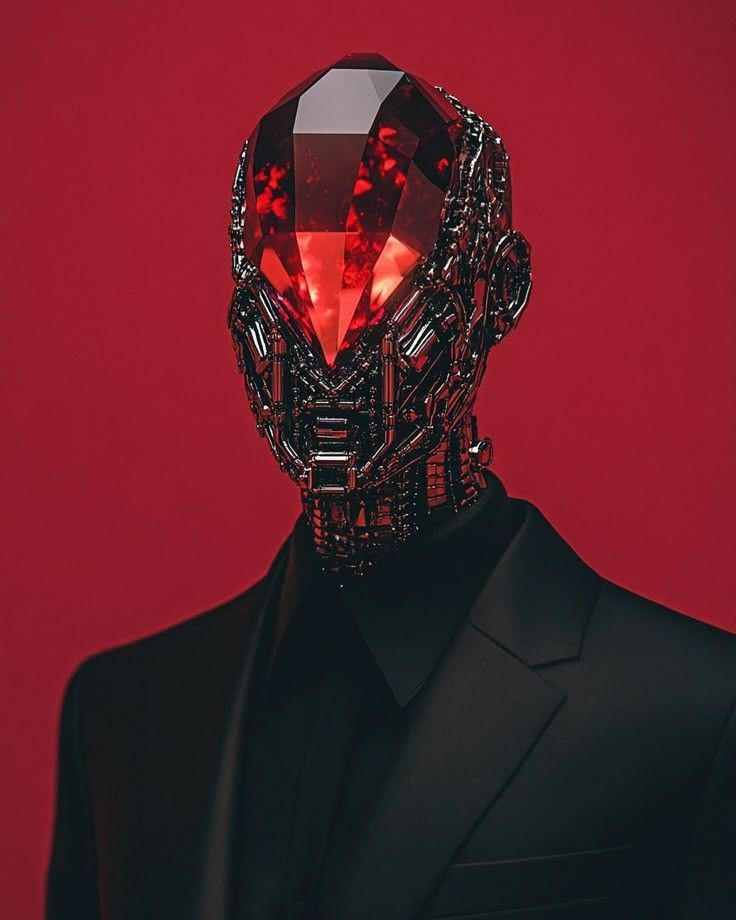
Predicting the Path Forward With AI in Music Production
Predicting the Path Forward With AI in Music Production
The age of AI‑generated music is here, and it’s hitting all the right (and wrong) notes. In just the past few years, artificial intelligence has transformed from a niche novelty to a force challenging mainstream music creation and consumption. With millions of listeners tuning in to entirely synthetic artists, the question is no longer if AI will shape music it’s how profoundly it will.
At its heart, AI music uses machine learning, deep neural networks trained on thousands to millions of hours of audio, to compose melodies, lyrics, beats, and even vocals. Tools like OpenAI’s MuseNet, Google's MusicLM, and startups like Suno or Aiva allow users to generate full-length songs from simple prompts.
AI can also clone voices. One striking example was the viral “Heart on My Sleeve,” which used AI-cloned vocals of Drake and The Weeknd. The song spread like wildfire on TikTok before being removed due to copyright concerns. A clear sign that the industry is struggling to catch up (Rest of World).
From experimental tools to virtual rappers, here are the key AI acts shaping the space:
Cloned AI covers using voices of iconic Black artists like 2Pac, Rihanna, and Kanye West, now flood the internet. Critics argue these recreations often exploit culture without permission or context (Refinery29).
AI music is already big business. The global generative AI music market reached $2.9 billion in 2024, projected to grow to $38.7 billion by 2033, with an impressive CAGR of 28.6% (EIN Presswire).
Most tools are cloud-based, allowing bedroom producers to generate radio-ready music in minutes. Genres like hip-hop (53%) and electronic music (54%) show the highest adoption rates (ArtSmart.ai).
Yet, reception remains mixed. A recent academic study shows people still prefer human-made music for emotional resonance, but AI compositions can evoke comparable emotional responses. Meanwhile, 18% of daily uploads on platforms like Deezer are AI-generated, including many tracks with absurd or crude themes. A phenomenon critics now call “AI slop music.”
Streaming platforms are being called out for lack of transparency. Spotify does not label AI tracks, and recent investigations reveal up to 70% of AI streams may be fraudulent with bot-driven plays artificially inflating popularity.
Black artists have not shied away from speaking on AI’s rise:
Their reactions reflect a spectrum, from resistance to cautious optimism.
AI music is not a trend. It’s a tectonic shift. It is reshaping how we define art, authorship, and authenticity. As Black artists lead conversations around ethics, innovation, and ownership, the music industry faces its biggest crossroads since the rise of streaming.
One thing is certain: AI is not killing music, it’s rewriting its sheet.
Comments